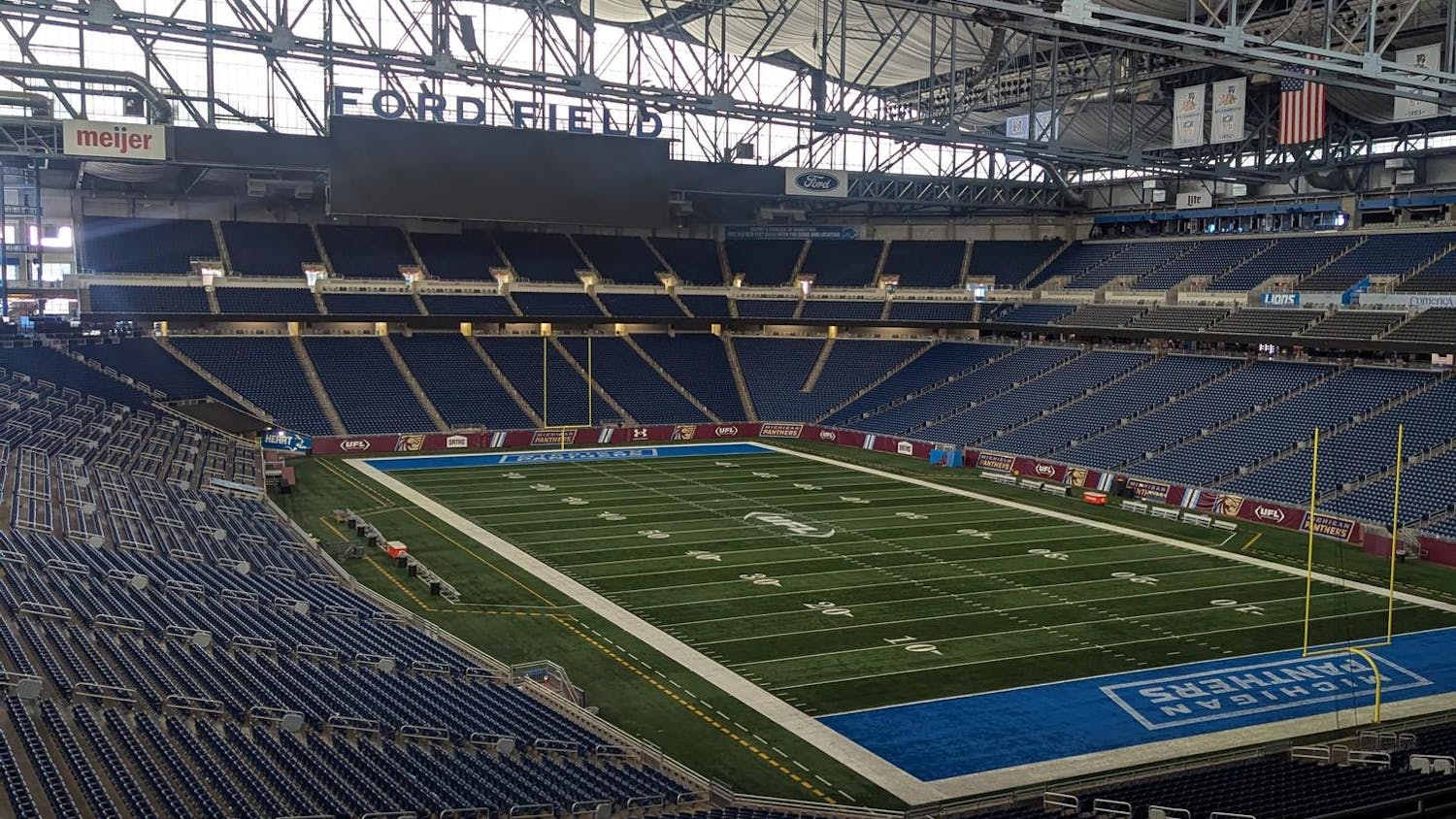The House of Representatives put the Stop Online Piracy Act on hold indefinitely amid Internet protests that saw popular websites blacked out.
Wikipedia, Google, Reddit, Mozilla, Wordpress and several other sites blacked out their services Jan. 18 to protest the controversial House bill. The Senate’s related bill, Protect IP Act, is also on hold pending changes.
Spearheading these bills are the Motion Picture Association of America and the Recording Industry Association of America. Additional support for the bill has come from Adidas, Bose, Toshiba, Rolex, Sony, Wal-Mart, EA, NBC, CBS and USA.
Rep. Lamar Smith (R-TX) introduced SOPA to the House. After PIPA passed the Senate, Sen. Ron Wyden (D-Ore.) put it on hold because of fears that the bill could be detrimental due to its vagueness.
These two bills are not the first attempts at controlling piracy on the Internet. These bills have been seen as an affront to the first amendment, with detractors claiming it infringes on free speech. Washington policy makers have been trying to regulate the Internet since the mid 1990s but have failed to prevent piracy thus far.
The Communications Decency Act of 1996 made it illegal to disseminate indecent material to minors, but the bill was declared unconstitutional the following year by the Supreme Court.
In 1998 Congress passed the Child Online Protection Act, which required operators of commercial online sites to restrict the access of minors to indecent material. The Supreme Court never enforced the law, claiming it was too broad and could stifle protected speech among adults on the Internet.
The Digital Millennium Copyright of 1998 requires permission to post copyright material but not to link it. SOPA takes this a step further by proposing court action for infringing on copyright laws.
These provisions include allowing court orders to prevent search engines from linking to infringing sites, prevent advertising and payment facilities from doing business with infringing sites, and requiring Internet service providers to block sites offering copyright material.
John Crafts, a freelance web designer from Lansing, who graduated from Michigan State University, said the bill is more aimed at regulation of the Internet.
“This bill has little to do with piracy and more to do with control over new media outlets,” Crafts said.
Critics of the bill feel it is too vague to be viable, contending it allows more sites to be considered libel for IP theft, including search engines.
Matt Quirk, a 24-year old graduate of University of Michigan, does not support the bill.
“The vagueness of the bill is off-putting,” Quirk said. “They left so much possibility for blocking out entire websites. They could take down any site that just links something. Their vagueness allows them to do whatever they want with it.”
For almost 20 years policy makers have attempted to reign in the Internet, but the bills ultimately fail because they lack specificity. Even though PIPA passed through the Senate it was put on hold for further alterations.
SOPA, which went further than PIPA in the power it grants companies to aggressively pursue pirates, has been put on hold indefinitely because its lack of clarity allows innocent websites to be persecuted for merely linking something copyrighted.







